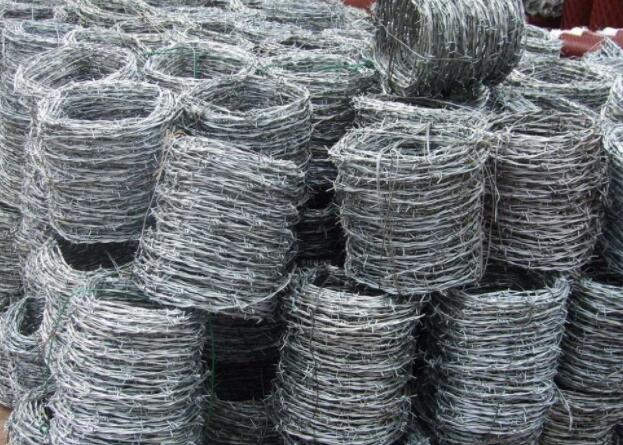Aluminum vs. Fiberglass Screens Which is Better?
When it comes to choosing the right material for window and door screens, homeowners often find themselves debating between aluminum and fiberglass. Both materials have their strengths and weaknesses, making them suitable for different applications and preferences. This article will explore the characteristics of aluminum and fiberglass screens to help you determine which option might be better for your needs.
Durability and Strength
One of the most significant advantages of aluminum screens is their durability. Aluminum is a robust material that can withstand harsh weather conditions, including strong winds, rain, and snow. It is resistant to rust and corrosion, making it ideal for coastal areas with salty air. Additionally, aluminum screens are less prone to tearing or sagging, ensuring they maintain their shape over time.
On the other hand, fiberglass screens are also durable but in a different way. They are made from a woven mesh of fine glass strands that are coated with a protective vinyl layer. While fiberglass screens may not be as strong as aluminum, they are highly resistant to dents and can handle impacts better. This makes them a popular choice for homes with pets or children, as they are less likely to be damaged by playful antics.
Appearance and Aesthetic
When it comes to aesthetics, aluminum screens typically offer a sleek, modern look. They can be painted in various colors and finishes to match your home’s exterior, which allows for greater customization. Some homeowners prefer the metallic look of aluminum, which can complement contemporary architectural styles.
Fiberglass screens, on the other hand, have a more subtle appearance. They are usually available in a charcoal or grey color, which allows for better visibility through the screen. This can be particularly advantageous if you want unobstructed views of your surroundings. Fiberglass screens can also blend seamlessly with your windows and doors, providing a more cohesive look.
Maintenance and Care
which is better aluminum or fiberglass screen

Maintenance requirements can also play a significant role in your decision. Aluminum screens generally require minimal upkeep. A simple wash with soap and water is usually sufficient to keep them clean. However, if the paint on aluminum screens is scratched or chipped, it may require touch-ups or repainting to prevent corrosion.
Fiberglass screens are also easy to maintain, but they may need more frequent cleaning due to their lighter color, which can show dirt and dust more readily. However, because they do not rust or corrode, you won’t have to worry about deterioration over time. Additionally, fiberglass screens are less likely to be affected by UV light, which means they won’t fade as quickly as aluminum screens do.
Cost Considerations
In terms of cost, fiberglass screens tend to be slightly cheaper than aluminum. However, this price difference can vary based on brand, type, and specific features. While fiberglass may be the more cost-effective option upfront, it’s essential to consider the long-term benefits of aluminum, such as durability and longevity. In the long run, investing in aluminum screens may save you money, as you may not have to replace them as frequently.
Conclusion
Ultimately, the choice between aluminum and fiberglass screens will depend on your specific needs, preferences, and budget. If you prioritize strength, durability, and a modern look, aluminum screens may be the better choice for you. They are particularly well-suited for areas with extreme weather conditions or homes with high pedestrian traffic.
Conversely, if you desire a more subtle appearance, better visibility, and the ability to withstand impacts, fiberglass screens might be the way to go. They are ideal for families with children or pets and offer an excellent balance of durability and aesthetics.
In summary, both aluminum and fiberglass screens have their unique advantages and drawbacks. Consider your local climate, the amount of traffic your screens will encounter, and your personal design preferences when making your decision. Whichever option you choose, ensure you invest in quality materials and professional installation to maximize your investment and enhance the comfort of your home.

















